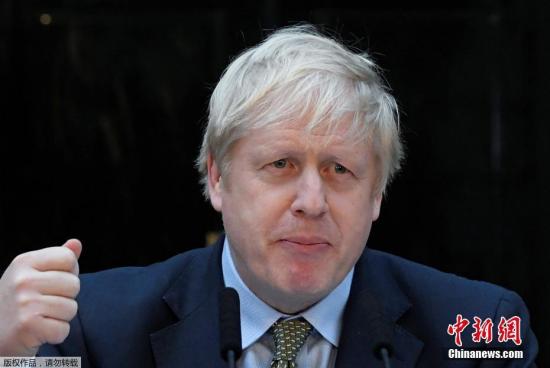China News Service, February 28. According to a "Central News Agency" report, the European Union and the British government have issued documents on the future of the negotiations between Britain and Europe on the 25th and 27th local time. However, it can be seen from the documents released that before the negotiations began, the two sides had disagreements on trade norms and fishing rights.
According to reports, the EU agreed on a consensus position on the 25th and issued a negotiating program. Two days later, the British Prime Minister Johnson's government also issued a British negotiating program, setting a "red line" for negotiations. It is reported that negotiations will begin on March 2.
The report pointed out that the key obstacle is that the European Union requires the United Kingdom to comply with EU regulations if it wants to continue free trade in goods with the EU's large single market. British authorities have stated that they will not force themselves to comply with EU norms, and the main thrust of Brexit is to ensure "economic and political independence."
Data Map: British Prime Minister Boris Johnson speaks at Prime Minister's House at 10 Downing Street.
In addition, the EU wants to retain fishing rights in British waters. However, despite the EU's warning, if the two sides fail to reach an agreement on this, the British side has always refused to send more comprehensive trade negotiations.
In December 2019, Johnson's Conservative Party prevailed in the British House of Commons elections. His main appeal at that time was "Getting Brexit Done" and advocating for a more relaxed trade agreement, such as the EU-Canada trade protocol.
However, the European Union points out that the United Kingdom and the European Union are close in geographical location, and as a member of the European Union for 50 years, the United Kingdom and the European Union have established close economic relations, so the situation in the United Kingdom is special.
The EU is concerned that if the UK decides to no longer comply with high labor and environmental protection standards, it may create price competition for companies in EU member states.
Britain has formally left the European Union on January 31, 2020, and the two sides agreed that on December 31, before the establishment of a new trade and security partnership, there will be a transition period that has not changed much. However, Britain said it would decide in June whether to withdraw from the trade negotiations depending on progress.

